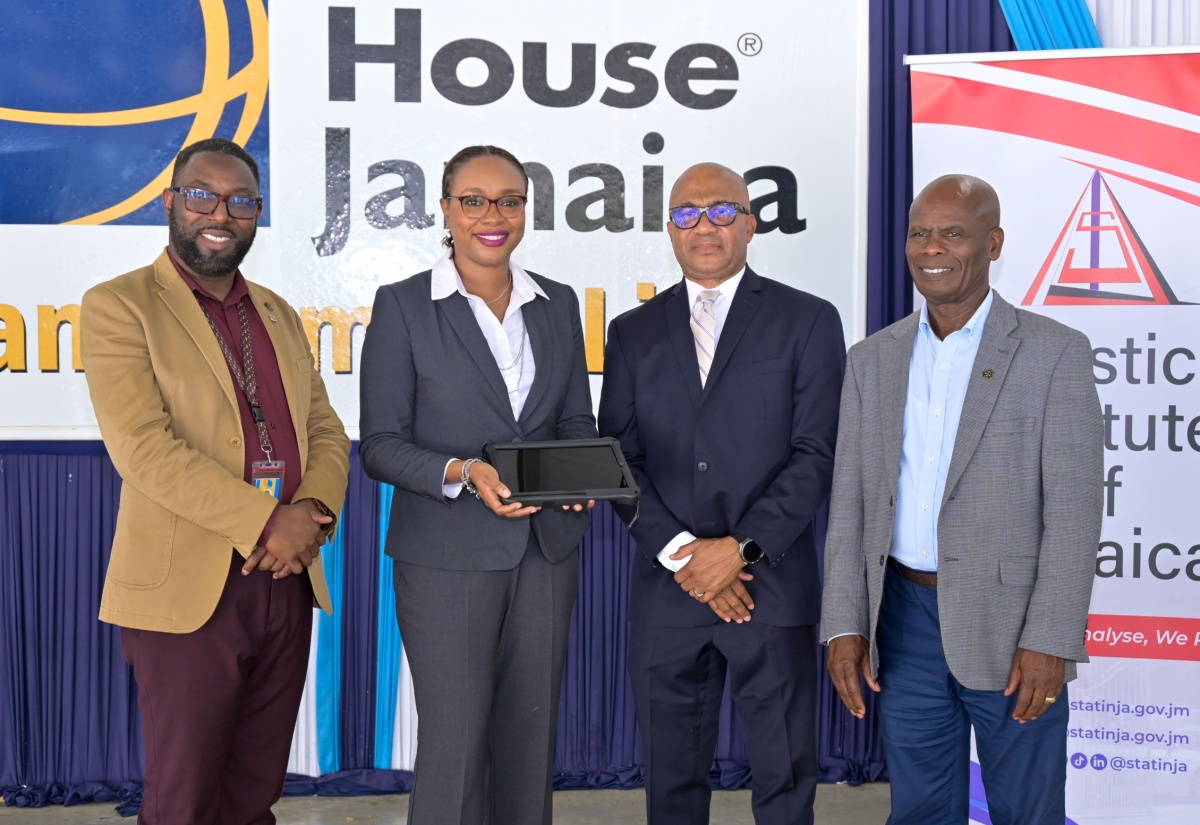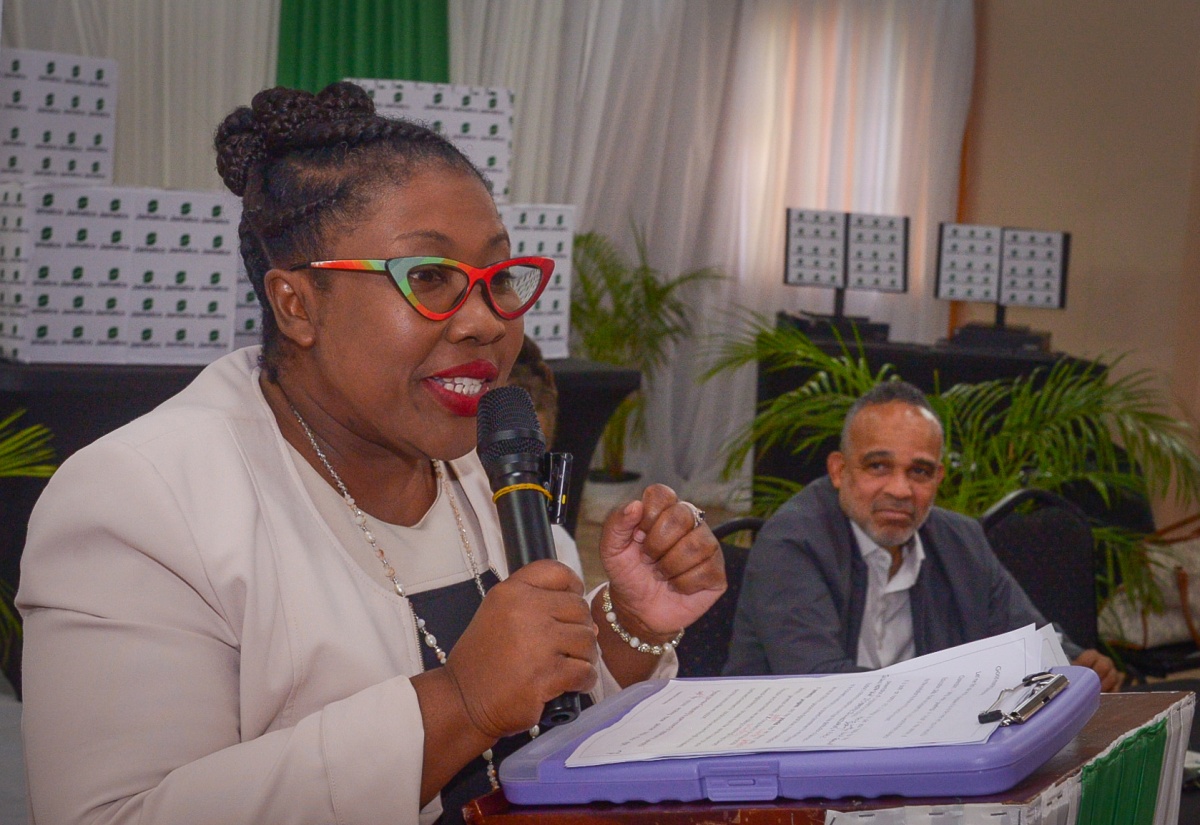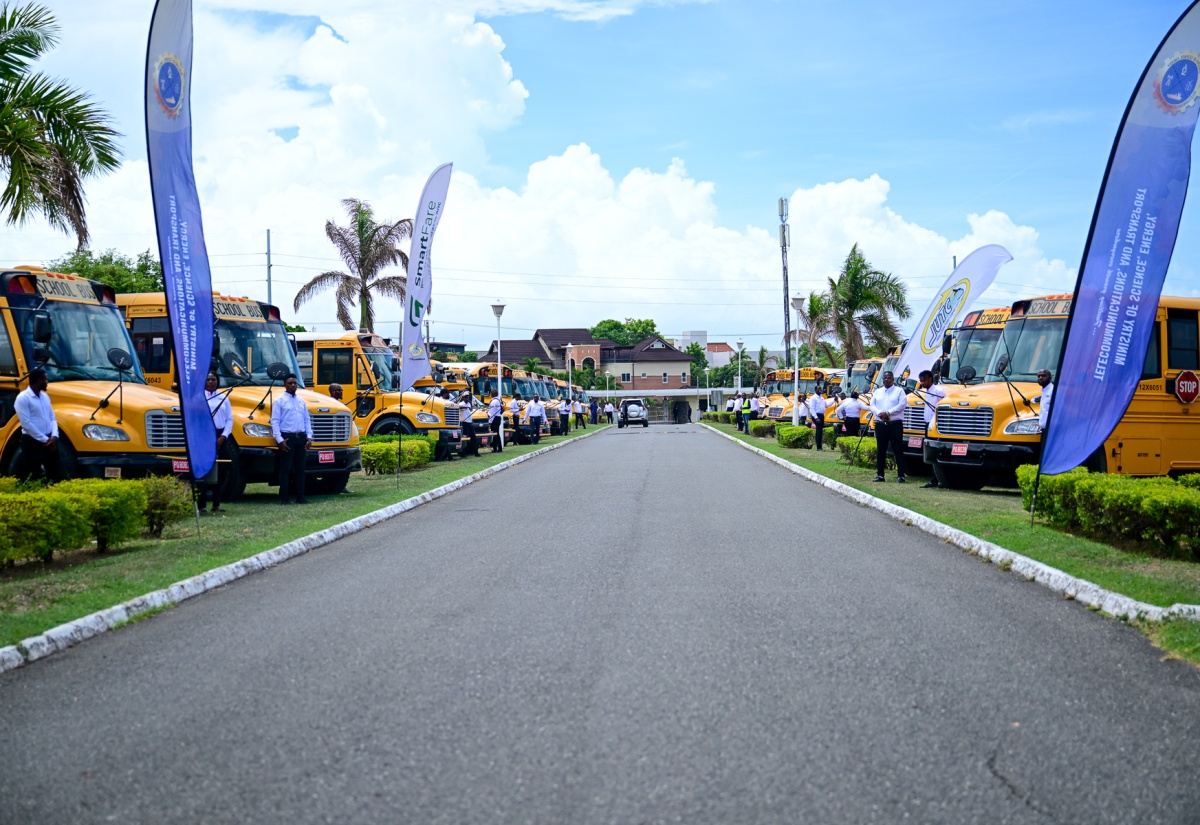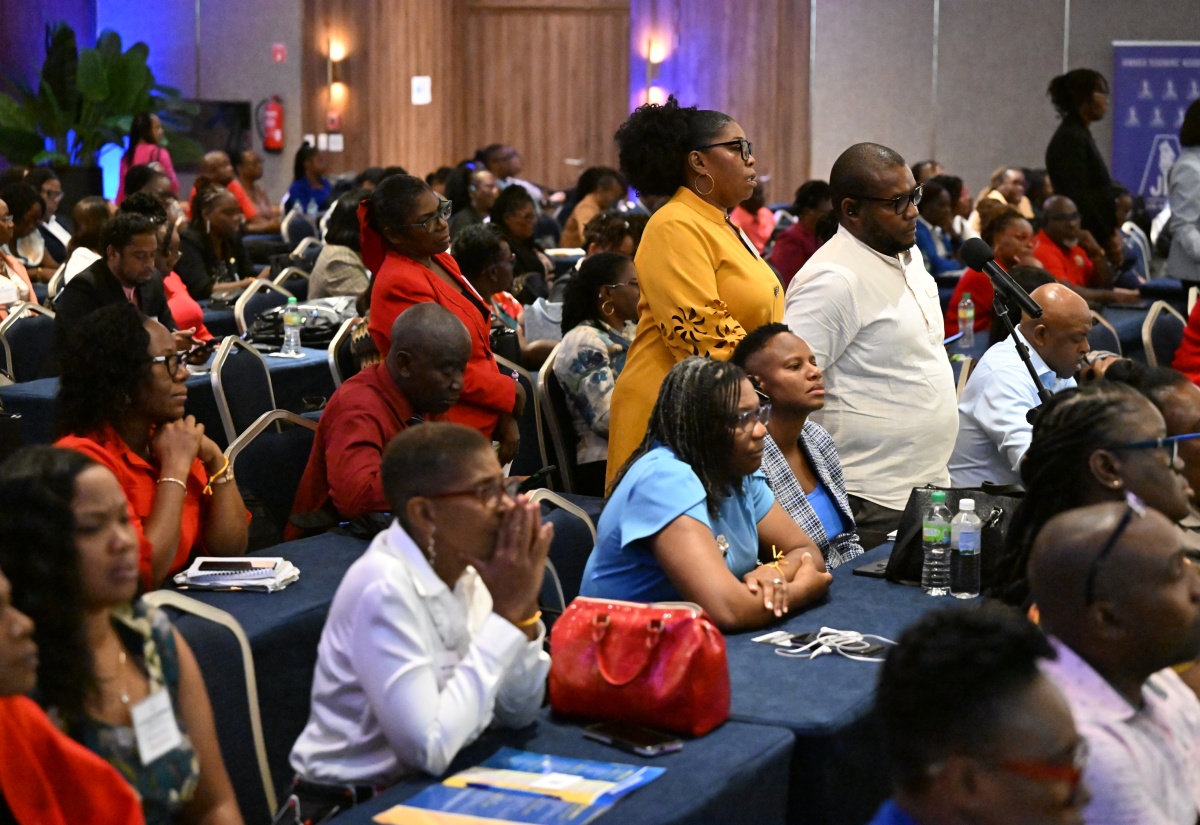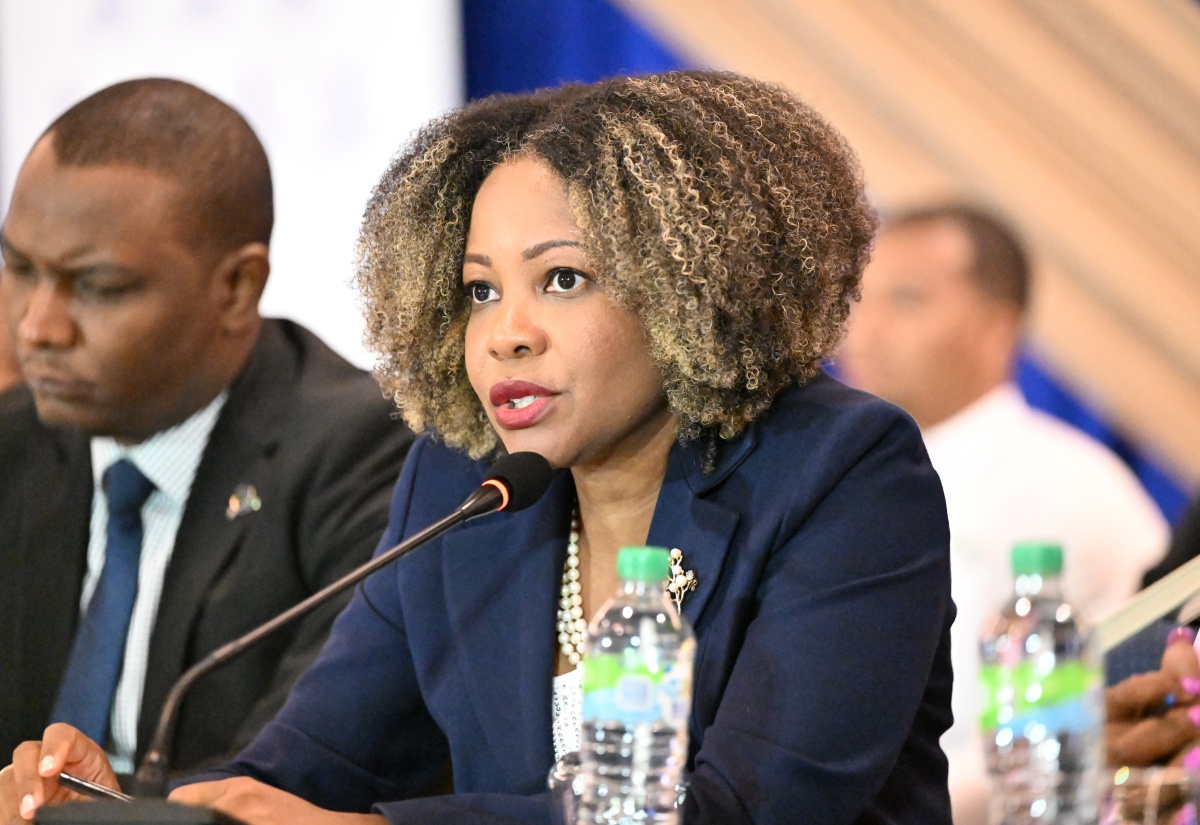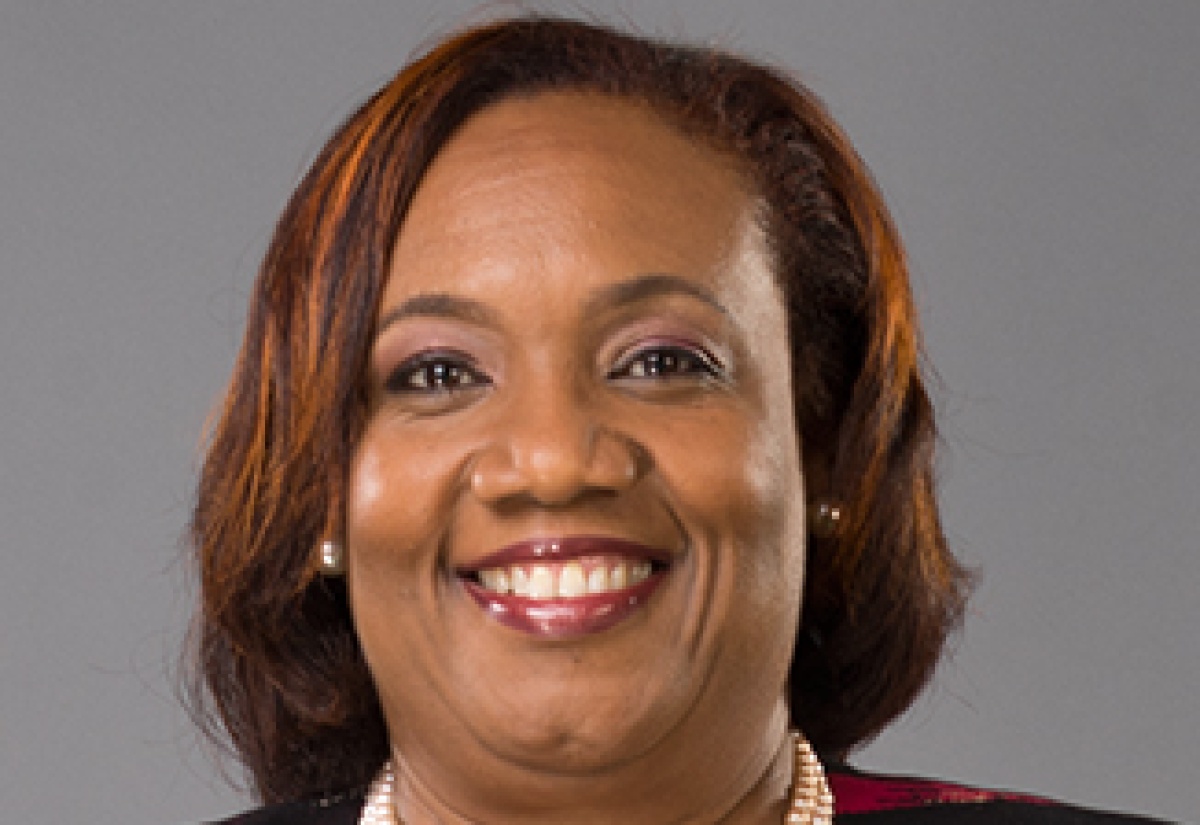The National College for Educational Leadership (NCEL), an agency of the Ministry of Education, Skills, Youth and Information, is accepting applications for Cohort 12 of its flagship Aspiring Principals’ Programme (APP).
The deadline for submitting applications is November 16, 2025.
The APP is a strategic initiative designed to prepare educators for the demands of principalship before they assume the role.
Developed in response to research highlighting the critical impact of school leadership on student success, the programme addresses the longstanding practice of promoting classroom teachers to principalship, without formal leadership training. According to a bulletin issued by the Ministry, the NCEL, through the APP, continues to attract and identify high-potential candidates and equip them with the Professional Qualification for Principalship (PQP), a credential that ensures readiness for school leadership.
All educators registered with the Jamaica Teaching Council (JTC), with at least three years of teaching experience and a minimum of a bachelor’s degree in education or a related discipline can apply.
The programme is delivered in collaboration with The University of the West Indies (UWI), with delivery of critical leadership modules and a field experience.
Participants will also be exposed to an array of contextually relevant and practical professional development sessions. To apply, persons may visit ncel.gov.jm and browse the “Programmes” tab, then click the ‘Apply’ tab or visit https://isims.ncel.edu.jm/ then click ‘Apply’.
Classes are held on Saturdays or Sundays for one year (excluding summer) and are delivered via a blended format (synchronous and asynchronous).
For further information, persons may contact NCEL via email at [email protected] or call 876-488-486.



